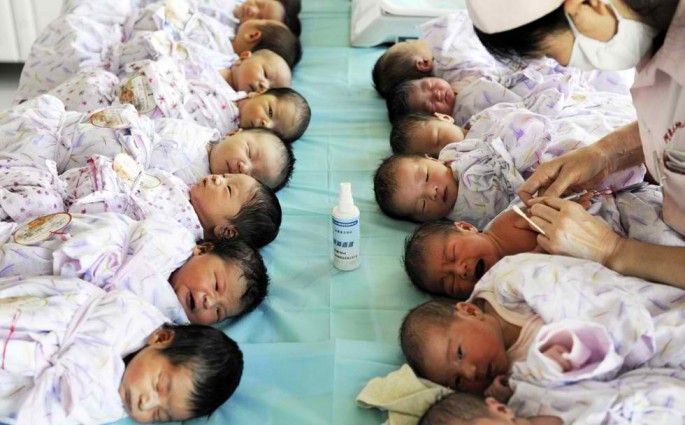China is experiencing a baby boom. According to statistics compiled by the Beijing Municipal Commission of Health and Family Planning (BMCHFP) on June 25, the previous year saw a rise in newborns, with approximately 249,000 new moms and 140 specialist schools registered in 2014.
For the BMCHFP, the main driver behind the rise of newborns in the country is the nationwide relaxation of the one-child policy since 2013, when the government stated that couples are allowed to have a second child if a partner is from a one-child family.
Along with the increase of newborns, numerous pregnancy schools have also popped up across the country, much to the delight of pregnant women. Existing schools, on the other hand, have expanded and upgraded their medical facilities and educational resources.
A BMCHFP official also stated that most medical institutions in Beijing now have specialist schools, tasked to publicize and educate the public, particularly expecting families, with health care as well as pre- and post-natal care.
It has become a trend in Beijing to attend such schools, backed by the municipal government's promotion and support.
Human-centered and sensitive to women's interests, these pregnancy schools offer flexible and diversified courses aimed to improve the experience of pregnancy among women. Along with a strict set of rules, such schools also follow rigid scientific methods in order to raise standards.
Pregnancy and specialist schools claim to help lower stillbirths, miscarriages, maternal deaths, as well as newborn mortality rates. Natural births are also encouraged by such institutions, educating would-be mothers about the disadvantages of C-section deliveries.



























